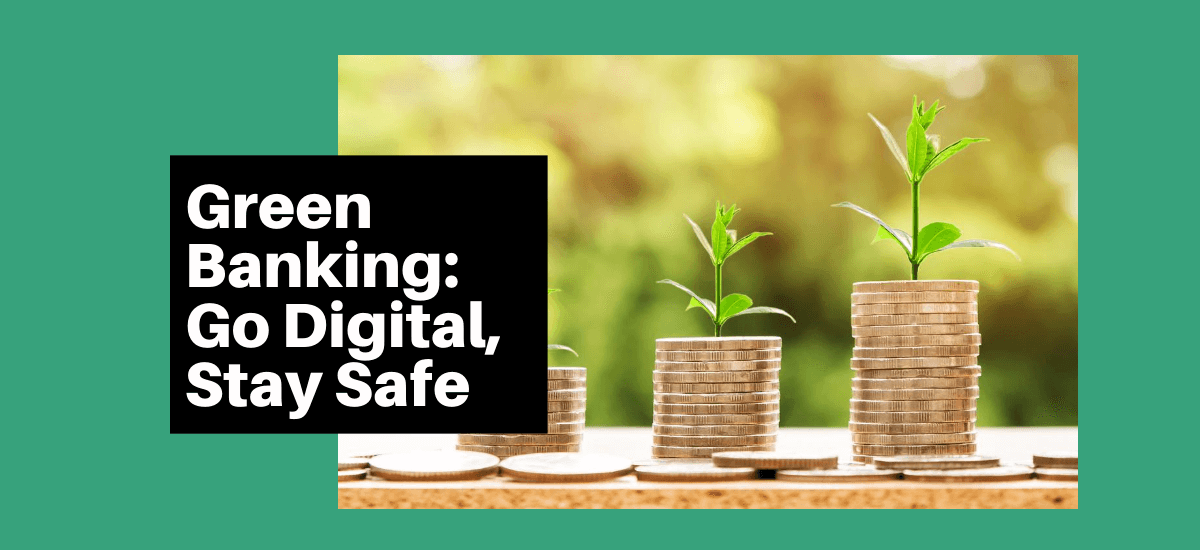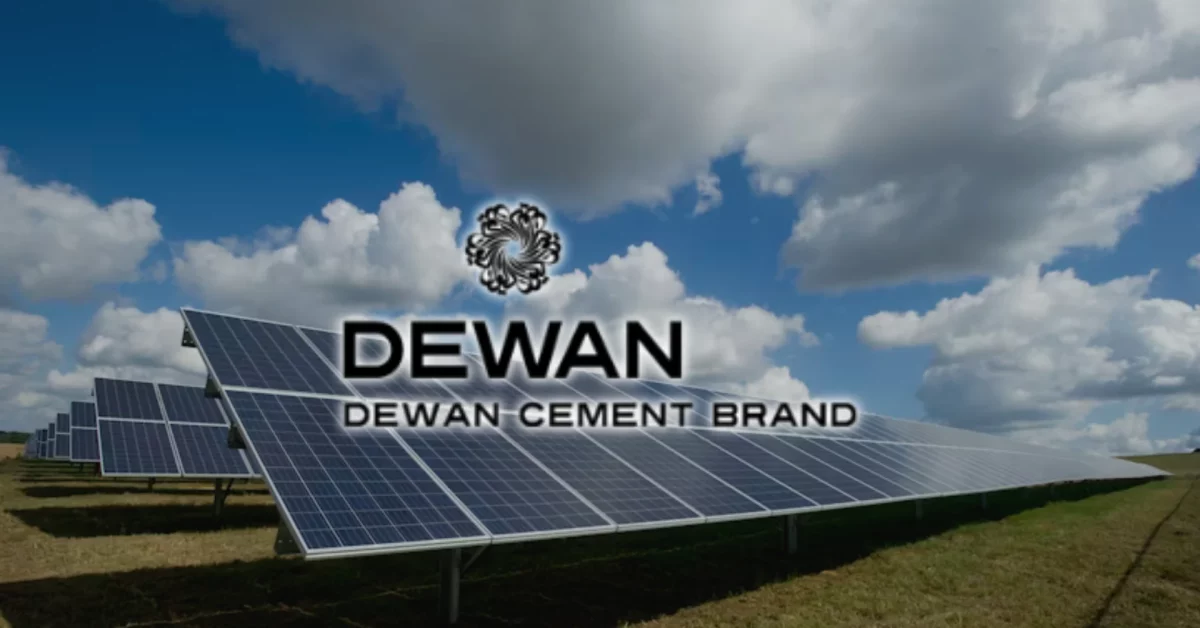
The Expanding Role of EdTech | Conversations@Jazz
July 14, 2020
COVID-19: The Catalyst for Pakistan’s e-Commerce Sector?
August 24, 2020Green Banking: Go Digital, Stay Safe
Syed Asim Ali Bukhari is currently doing his Ph.D. in Green Banking from the Universiti Sains Malaysia (USM), Penang, Malaysia. He is a Senior Manager-Audit Division Bank Al-Habib Limited.
During the last few months, COVID-19 has reshaped our society in an intense way and we are currently in the process of creating and adjusting to the new normal. Shifts have been witnessed in how we work, how we shop, how we learn, how we keep ourselves entertained, how we perform religious obligations, how we celebrate our festivals and how we remain in contact with our families. During this pandemic, the digital tools have been at the forefront of keeping people safe and helping our economy survive.
This novel situation has highlighted and proved the importance of a business’s digital presence in today’s world. All over the world, consumers are turning to brands that have digital platforms for buying products so that they can shop safely from their homes. All countries are using digital platforms for provision of health care advice, educational and banking services to the people during these critical times. Pakistan is also fighting the battle against this deadly virus and it is causing serious threats to the already ailing economy of Pakistan. Unfortunately, Pakistan is lagging behind in the adoption of various digital opportunities developed for businesses in the era of Industry Revolution 4.0. Majority of the industries such as education, Fast Moving Consumer Goods (FMCGs), etc. are operating through vast brick and mortar networks due to the lack of substantial digital presence. This also holds true for our banking sector.
Pakistan’s banking industry functions through vast networks of physical branches and majority of the daily operations are paper and cash based. This makes Pakistan a paper based economy rather than a digital or Green economy. Green Banking is an integral dimension for green economy all over world. Majority of the Pakistan banks are in the initial stages of Green Banking adoption which requires the development of paperless banking operations through various digital banking practices. Green Banking involves the use of internet banking, mobile banking, ATMs and other alternative delivery channels to perform daily banking operations. Digital banking products and services are an integral part of Green Banking. Pakistan does not have a strong digital economy due to the lack of Green Banking adoption.
Firstly, Pakistan is cash based economy with very limited number of customers using digital payment options such as credit/debit cards. Cash has become one of the mediums through which this virus is spreading in our country making bank branches hotspots for the spread of infections. Now, the State Bank of Pakistan (SBP) has directed the banks to clean, disinfect, seal and quarantine all currency notes issued to the customers. This will incur a large amount of additional cost to the banking industry which could have been reduced if banks had a strong online infrastructure. Most of the pensioner accounts are in the state owned financial institutions which have very limited digital banking services for its customers.
If Pakistan wants its economy to survive this challenge, it must provide Green Banking solutions in the form of digital banking to the customers. Banks should provide online facilities for various daily banking operations such as account opening, credit card application, financing approval for corporate clients, etc. The provision of various Green Banking services such as Mobile ATMs in central areas, mobile applications for performing banking transactions or utility bills payment and opening of cheque-less accounts can facilitate customers in the current situation. Customers should be encouraged to use digital banking instead of visiting bank branches. Banks should permanently waive off services charges in the usage of digital banking services in order to encourage customers and move towards branch less banking. This will benefit the banking industry in the long run by decreasing various operating costs associated with daily banking operations. The SBP has taken various digital measures such as totally automating Regulatory Approval System (RAS) for foreign trade transactions and online National Financial Literacy Programme for the Youth etc.
The slow rate of the adoption of digital banking in Pakistan can also be attributed to inadequate infrastructure, lack of awareness among the customers and the fear of various IT security threats. If we want a digital and Green economy, we must address these hindrances. Banking industry needs to develop more effective Business Contingency Plan (BCP) for such situations. Digitalization through the adoption of Green Banking can play an important role in this regard. Green Banking is a viable solution to the challenges being faced by the banking industry and the customers due to the Coronavirus pandemic. The SBP should be take a more focused and proactive approach towards Green Banking adoption. Adopt Green Banking, go digital and stay safe is the order of the day.







